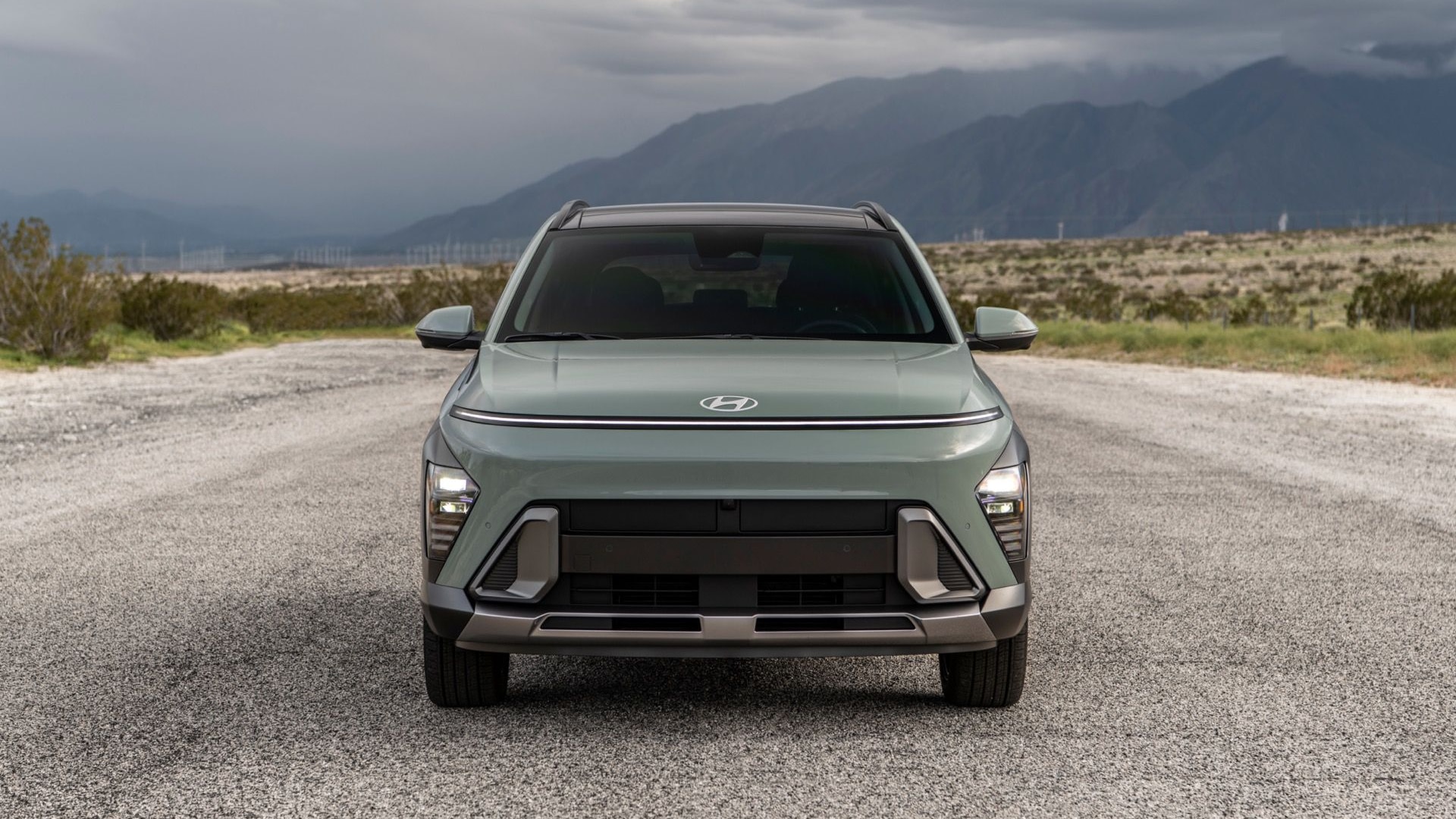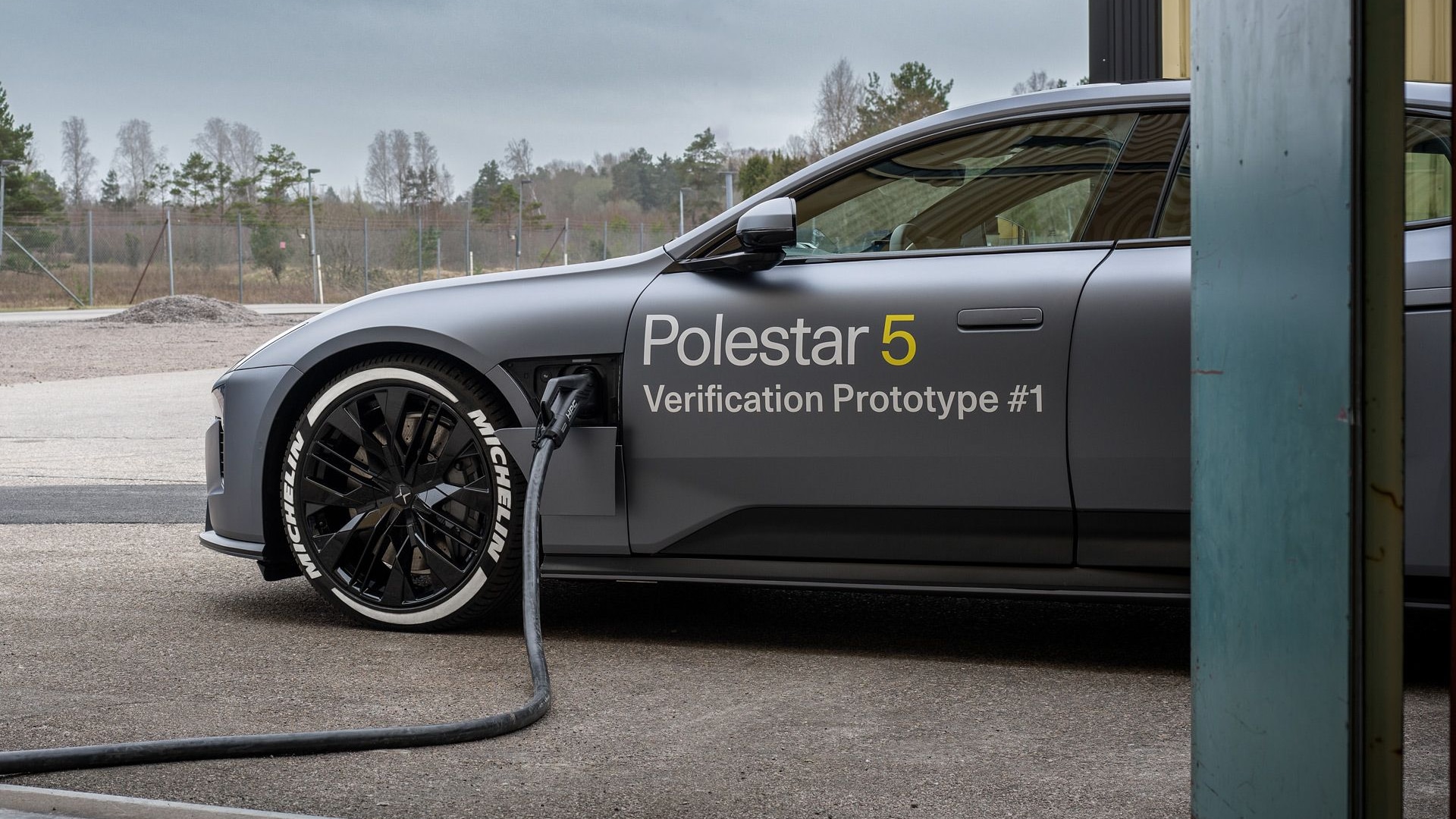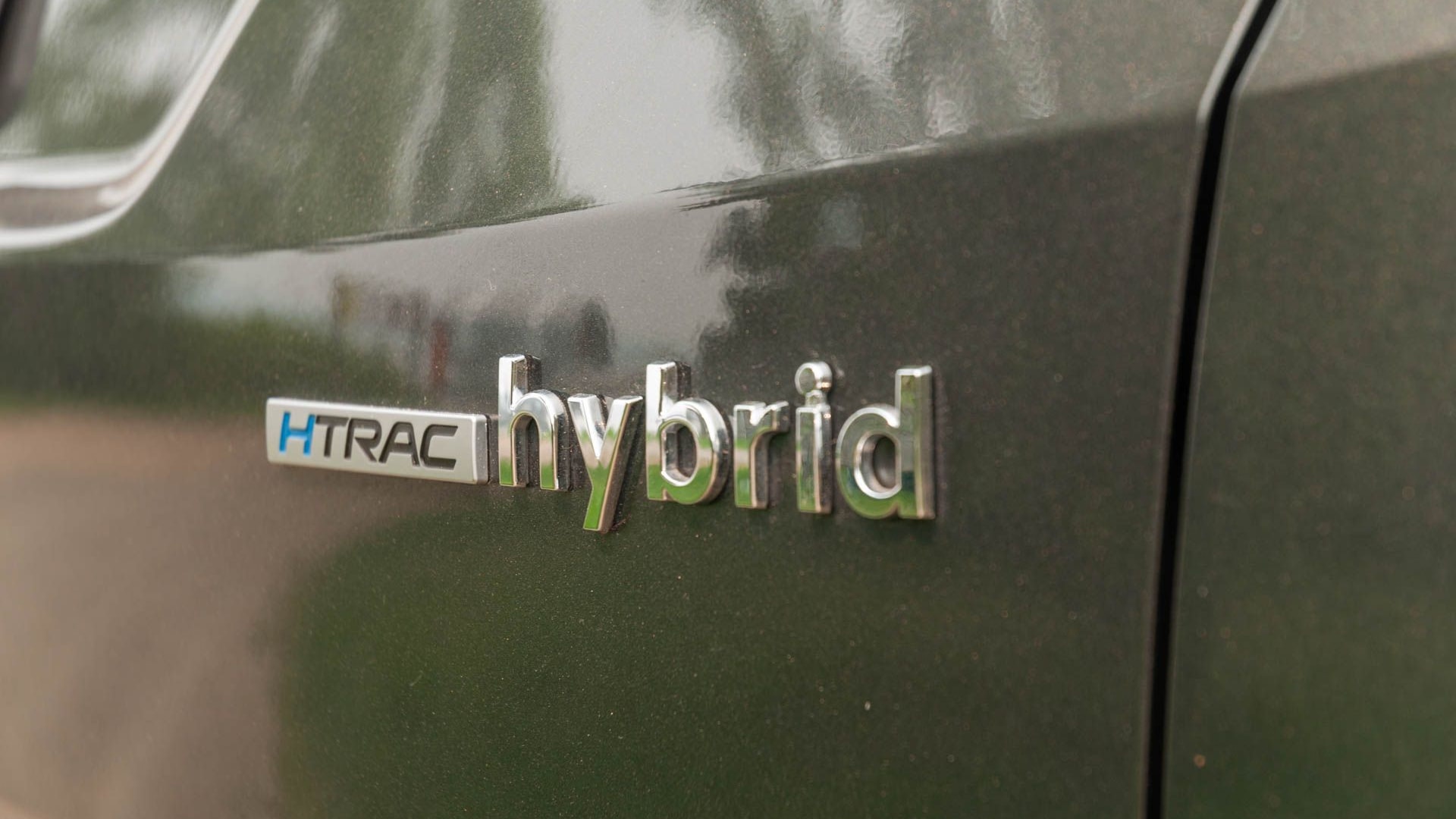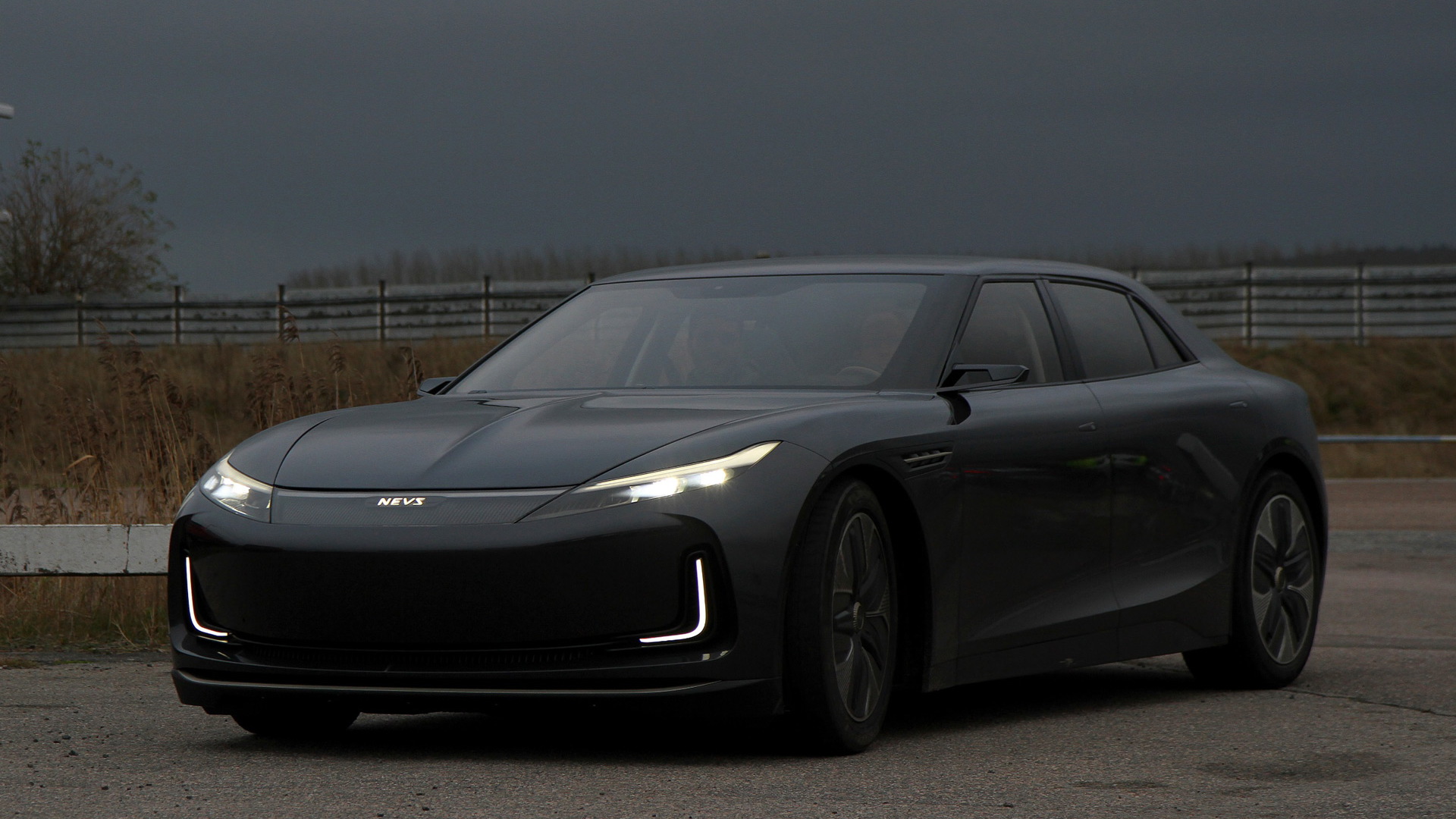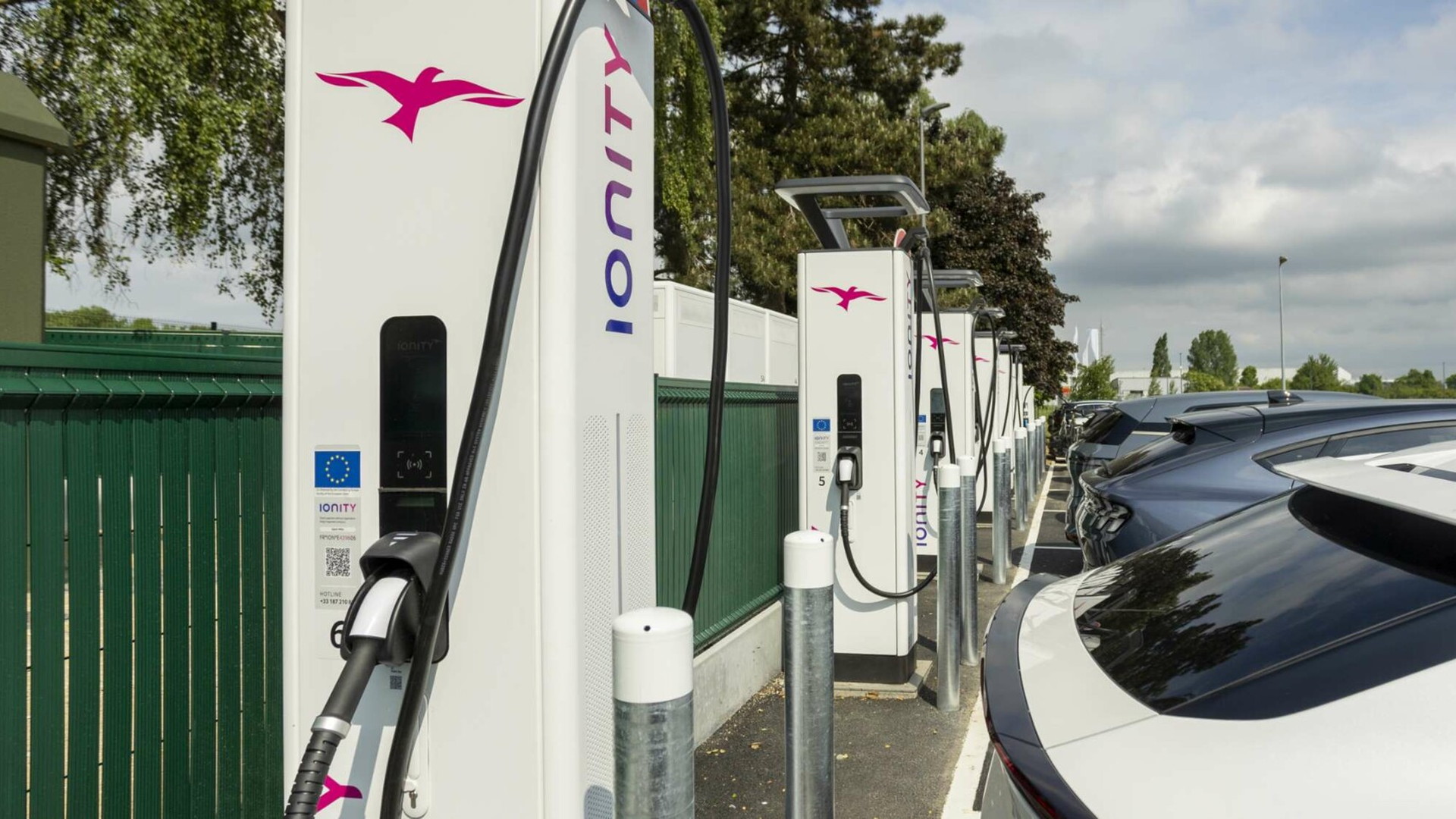The availability of charging stations for electric cars is likely to remain a major factor for many would-be owners as plug-in cars become more popular.
While the United States boasts tens of thousands of charging stations, some areas remain better-covered than others.
Unfortunately for taxi cab drivers in Washington D.C., the lack of charging stations has become a major issue.
DON'T MISS: Gas stations aren't a model for electric-car charging: ChargePoint CEO
Cab drivers in Washington, D.C., were thrilled to learn the district would offer $10,000 subsidies towards the purchase of an electric car for taxi use.
At the same time, the Department of For-Hire Vehicles (DHFV) would issue new "H" tags, a very rare occurrence during which cab drivers could obtain their own license, with the purchase of an electric car.
However, cab drivers operating the electric taxis have realized the district offers almost zero options for them to charge their cars publicly, according to WAMU.

Ford Transit Connect Hybrid taxi prototype
The issue has become so prevalent that 120 electric-cab drivers have banded together to petition the DFHV for their tags to be transferred after purchasing the electric cars.
Currently, switches from H tags to other segments in barred by law, but cab drivers are making their case.
Nearly all of D.C.'s 89 public charging stations are located with hotels, hospitals, and commercial parking garages.
READ THIS: Car buyers have no idea electric-car charging stations even exist
Of these 89 charging stations, 19 require key-card access and many are reserved for paying customers.
This has left cab drivers with one choice: drive to Virginia or Maryland to charge their electric taxi cabs at accessible public charging stations.
Drivers say this takes hours out of a work day since the cars normally need to charge two to three times per day.
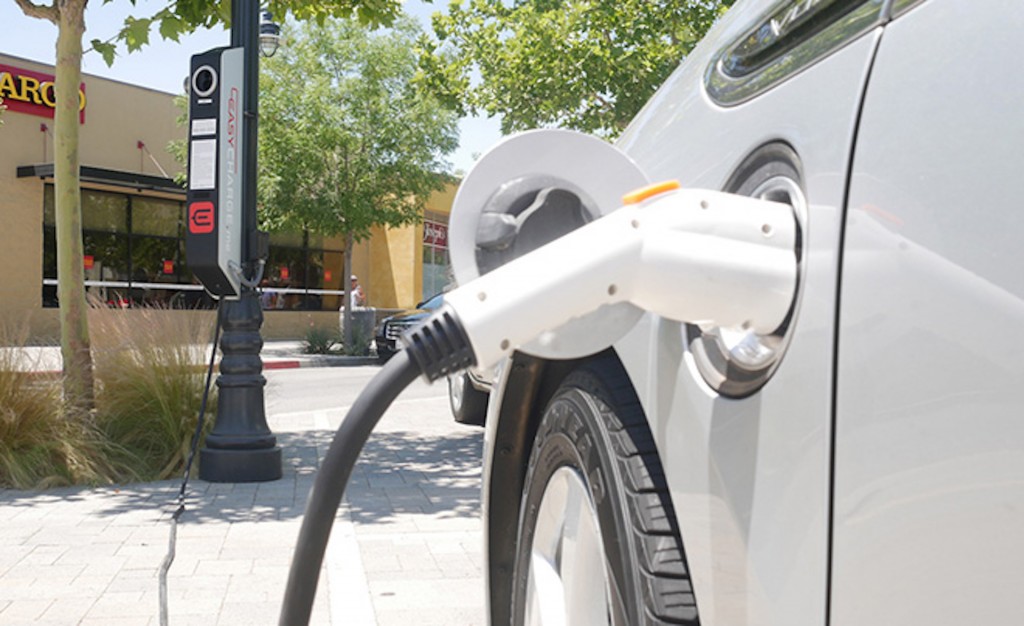
ebee streelight charging station
In a statement, D.C.'s Department of Energy and Environment acknowledged the lack of charging stations but said the local government can't be expected to provide the infrastructure alone.
Indeed, it can be difficult for a city to expand charging infrastructure, since most electric-car charging stations are presently built on private property.
Governments need to seek out public land adjacent to parking areas, which may be rare in metropolitan areas.
CHECK OUT: Electric-car charging stations rated: what's best, what's cheapest, what to avoid?
One potential solution to this issue could be street lamps equipped with charging outlets.
California has recently introduced a pilot program to equip city street lamps to see if they offer convenient access.
Should that pilot program produce suitable results, D.C. might benefit from its experience and give its zero-emission cabs accessible public charging within the district.
[hat tip: Brian Peter Gluckman]
_______________________________________
